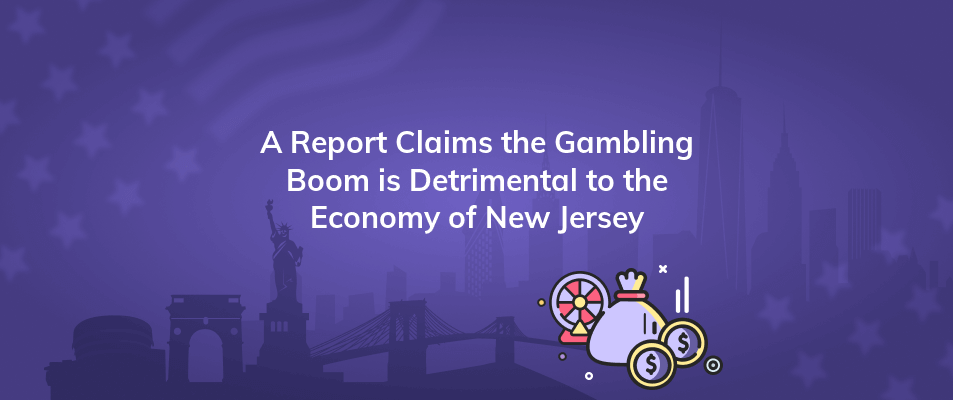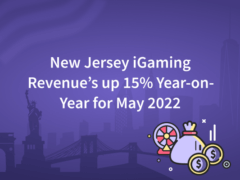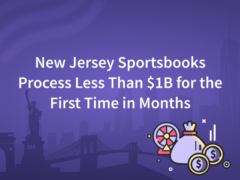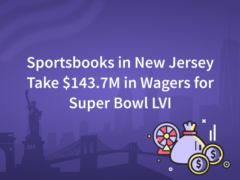A Report Claims the Gambling Boom is Detrimental to the Economy of New Jersey

 1K
1K
Protesters demand that the “gold rush” be examined when analysts predict that the increase in gambling taxes may be “roughly equal” to societal costs.
According to a recent study, the expected economic boom from online gambling’s explosive growth throughout the US may not materialize.
New Jersey, the state that spearheaded the legalization of mobile sports betting, has reaped hundreds of millions of dollars in tax revenue from the industry. However, experts issued a warning, stating that the expense of increased problem gambling rates may “roughly equal” the state’s takings.
According to research obtained by The Guardian, New Jersey’s digital gambling boom has negatively impacted economic production, employment, and salaries, casting doubt on industry assertions that legalization would benefit all states equally.
Research by the Campaign for Fairer Gambling
According to the research, which was ordered by the Campaign for Fairer Gambling, New Jersey’s economic activity was reduced by almost $180 million in 2022 as a result of the $2.4 billion that residents of the state spent on online gaming.
NERA Economic Consulting calculated that much more would have been paid out in salaries if the same amount had been spent on other activities, such as eating out or shopping, and that workers would have subsequently used their earnings to support other sectors of the economy.
According to NERA, the online gambling industry gave New Jersey workers over $110 million in earnings in 2022, resulting in $22 million in additional spending across the state’s economy. If another leisure pursuit brought in the same $2.4 billion, NERA estimated that this would have resulted in around $1 billion in earnings and $200 million in additional expenditures.
According to the analysis, there are no such beneficial economic spillovers from digital gambling as there are from other discretionary businesses.
According to NERA, New Jersey’s online casinos paid $385 million in net taxes in 2022, up from $42 million five years earlier. However, after reevaluating its calculations for New Jersey and using a UK study on problem gambling by the London-based National Institute for Economic and Social Research, NERA came to the conclusion that the state might have to pay $350 million in social costs as a result of problems related to digital gambling, including healthcare, welfare, homelessness, and criminal justice.
Established to advocate for reform, the Campaign for Fairer Gambling hired NERA to evaluate a second report that was commissioned by iDEA Growth, an industry advocacy group that aims to “shape legislative and regulatory outcomes” for its members, which include major players in the gaming industry like FanDuel and DraftKings. It has attempted to demonstrate how states’ economies may grow and jobs can be created by legalizing online gambling.
According to the iDEA research, between late 2013 and 2018, online gambling in New Jersey produced $2 billion in economic activity, $6,552 jobs, $401 million in salaries, and $259.3 million in state and local taxes.
The state’s economy has suffered as a result of digital gambling, according to NERA experts, and the 2019 iDEA-commissioned research undervalues the revenue that other sectors would provide at the same expenditure levels.















